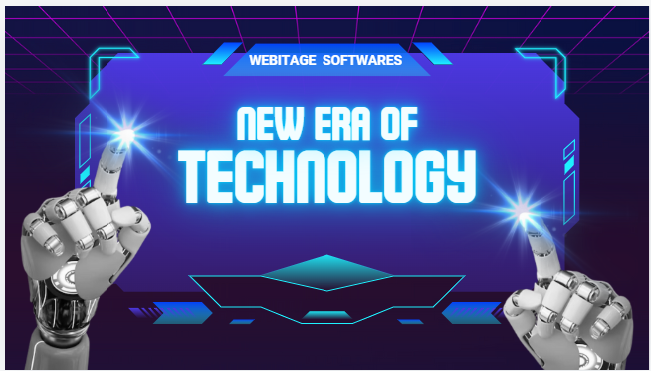Driving Innovation: Key Trends Shaping the Future of Software Development
In the fast-paced world of software development, staying ahead of the curve is essential. As new technologies emerge and user expectations evolve, software companies must adapt to remain competitive. In this blog, we explore some of the most influential trends shaping the future of software development.
1. Artificial Intelligence and Machine Learning
Artificial Intelligence (AI) and Machine Learning (ML) are revolutionizing the software industry. These technologies enable software to learn from data, make predictions, and improve over time without being explicitly programmed.
Applications: AI and ML are being used in various applications, from personalized recommendations and voice assistants to predictive maintenance and fraud detection. By integrating AI and ML into their solutions, software companies can offer smarter, more efficient, and highly personalized experiences.
2. Cloud Computing and Hybrid Solutions
The adoption of cloud computing continues to grow, offering businesses flexibility, scalability, and cost savings. Hybrid cloud solutions, which combine private and public clouds, are also gaining popularity.
Benefits: Cloud computing allows for easy scaling of resources, improved collaboration, and enhanced disaster recovery. Hybrid solutions provide the security of private clouds with the flexibility of public clouds, making it easier for companies to manage their workloads efficiently.
3. DevOps and Continuous Integration/Continuous Delivery (CI/CD)
DevOps practices, combined with Continuous Integration and Continuous Delivery (CI/CD), are transforming the software development lifecycle. These methodologies focus on improving collaboration between development and operations teams, automating processes, and ensuring faster, more reliable software releases.
Advantages: By adopting DevOps and CI/CD, companies can reduce deployment times, minimize errors, and quickly respond to market changes. This leads to higher-quality software and more satisfied customers.
4. Cybersecurity
As cyber threats become more sophisticated, cybersecurity is a top priority for software companies. Protecting sensitive data and maintaining user trust requires robust security measures.
Strategies: Implementing advanced encryption, multi-factor authentication, and regular security audits are essential. Additionally, adopting a proactive approach to threat detection and response can help mitigate risks and ensure data integrity.
5. Low-Code and No-Code Platforms
Low-code and no-code development platforms are democratizing software creation by enabling non-developers to build applications using visual interfaces and pre-built components.
Impact: These platforms accelerate the development process, reduce costs, and empower business users to address their own needs without relying on IT. This leads to faster innovation and greater agility within organizations.
6. Internet of Things (IoT)
IoT technology is connecting devices and systems, creating smart environments in homes, cities, and industries. The data generated by IoT devices is being used to optimize operations, improve customer experiences, and drive new business models.
Opportunities: IoT offers numerous benefits, from increased efficiency and cost savings to enhanced customer experiences and new revenue streams. Companies that harness the power of IoT can gain a significant competitive advantage.
7. Blockchain Technology
Blockchain technology is being explored beyond cryptocurrencies for applications in supply chain management, healthcare, finance, and more. Its decentralized and immutable nature makes it ideal for secure and transparent transactions.
Potential: Blockchain can enhance security, reduce fraud, and improve transparency in transactions. Its potential to disrupt traditional business models makes it a technology worth exploring.
8. Sustainable Software Development
Sustainability is becoming a critical consideration in software development. This involves designing software that minimizes energy consumption and environmental impact, as well as promoting ethical practices and social responsibility.
Importance: Sustainable software development can reduce operational costs and enhance a company’s reputation. It aligns with global efforts to combat climate change and promotes a positive brand image among eco-conscious consumers.
Conclusion
The software development landscape is continuously evolving, driven by advancements in technology and changing market demands. By embracing trends like AI and ML, cloud computing, DevOps, and IoT, software companies can innovate and stay competitive. Additionally, focusing on cybersecurity, low-code platforms, blockchain, and sustainability can further enhance their offerings and future-proof their business.
Stay tuned to our blog for more insights and updates on the ever-changing world of software development!



